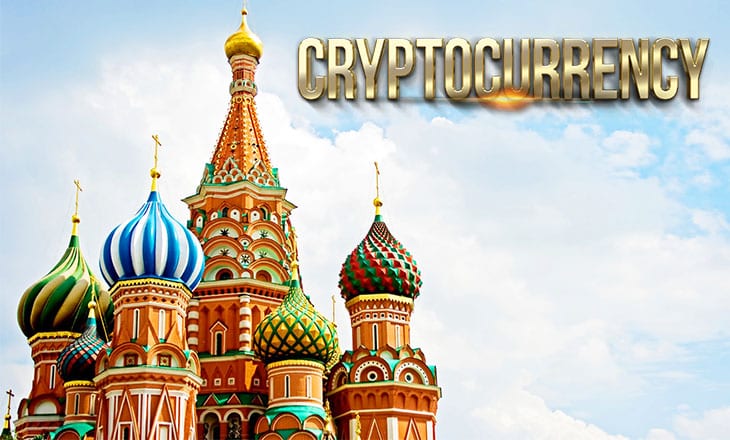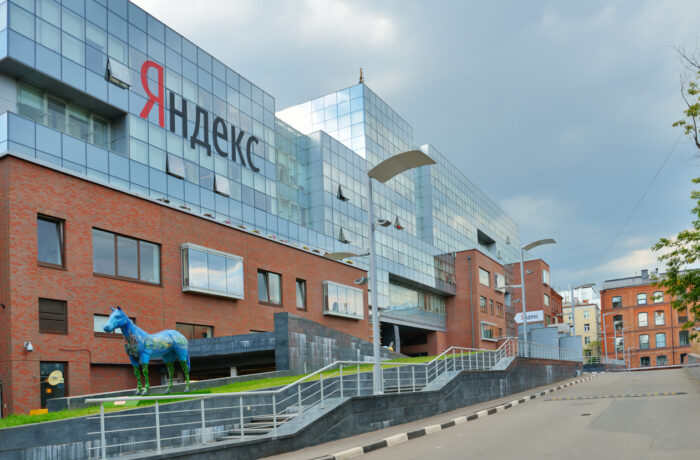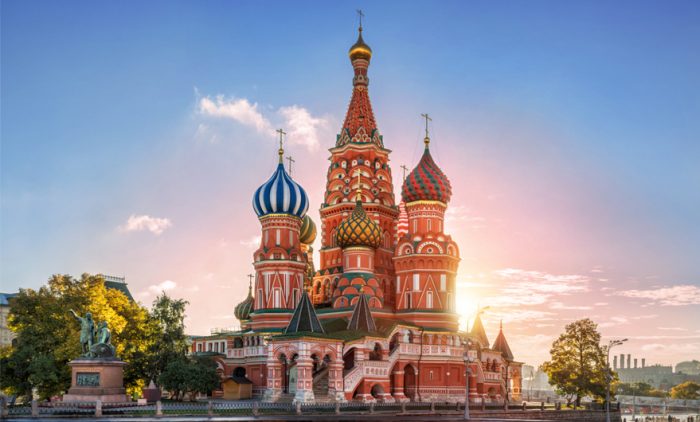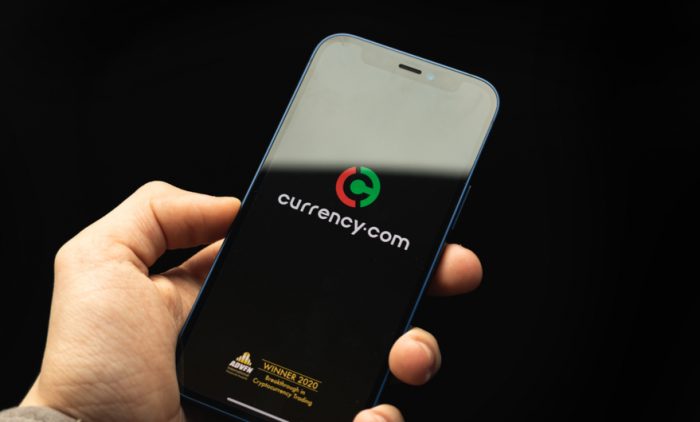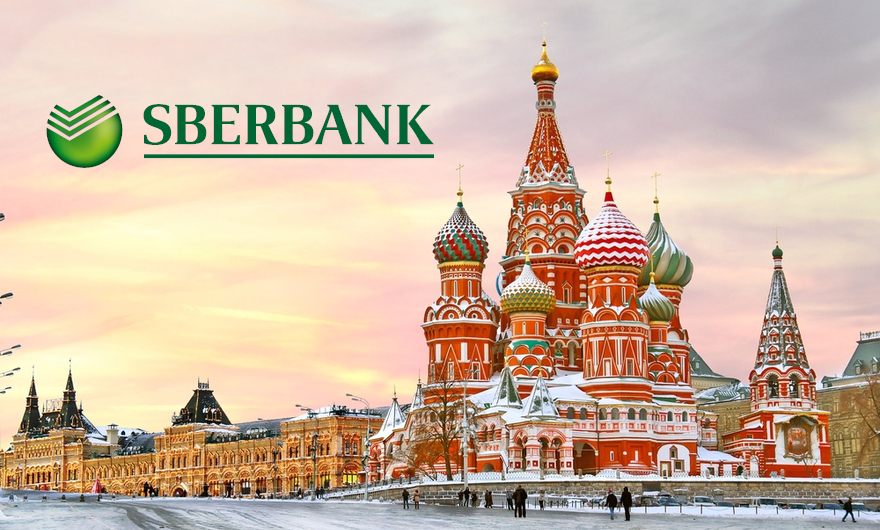Bitcoin zealots and enthusiasts were jumping for joy last week when a Russian economist, a Professor Ginko, who works closely with the government, announced that Russia would soon be buying bitcoin. Before the professor could take a breath, the news went viral. He also noted that purchases could occur as soon as February of this year, but Paul Goncharoff, an American businessman living in Moscow and a bit closer to the crypto action in the Kremlin, believes that, “This is ‘highly unlikely’.”
Highly unlikely or not, there are serious discussions going on in the background that could prove very interesting down the crypto road. According to Goncharoff:
The fact that there is a very serious discussion on the floor of the Duma and in the Kremlin about crypto-rubles is interesting though. The rules and the concepts are being developed now, as we speak, within the Russian government and central bank, but this is not what the geeks of the world would like to see: a peer-to-peer decentralized cryptocurrency.
He went on to add that:
A crypto-ruble, the way it was explained in the Duma, will not be open to the general public to mine, it will be managed by the central bank, it will be available to international buyers and traders, as well as Russian citizens. It will be backed up the way the ruble is backed up — by the faith and trust in the central bank of the Russian Federation…It needs to be regulated, its volume has to be controlled, and that’s the only responsible way to go forward.
There was no mention if the coin would be a “Stable-coin”, but it appears to be the case. One Crypto-Ruble will be the equivalent of one Ruble. Citizens will be able to purchase a cup of coffee or a number of other things, like an apartment, for example, with this legal tender. The trading of cryptocurrencies is still forbidden in Russia, even though the authorities permit a few banks, like Sberbank, Tinkoff bank, Alpha Bank, and others, to convert cryptos from the local currency exchanges to Rubles today.
The optimistic launch date could be this year, but realists think two years out may be a better guess. The speculation, however, has already begun as to whether there is a bigger picture to consider. Russia has been converting U.S. Dollars to Euros and Gold of late. It has been no secret that China has been pushing for an alternative to the USD as a reserve currency. It has over $3 trillion in foreign exchange reserves. Estimates are that 65% of this figure is in U.S. Dollar denominated securities, which it is loath to sell. The total of all global forex reserves are roughly 64% in the USD, as well.
As U.S. debt, deficits, and capital account increase in the wrong direction, the expectation is that the U.S. Dollar might depreciate significantly in future, a situation that many developing countries would prefer to hedge against. Could any of these crypto maneuvers be the first steps toward such a brave new world?
According to Goncharoff, it is still early in the process:
I think we will see the beginning of this in the Eurasian Economic Union, between China, Russia, the Stans, Iran, the current outsiders of mainline geopolitics. They have been pretty much shunted aside from the mainstream of free trade. We’ll see what happens, but a lot of what is happening is not being widely broadcast in the news. Russian has to remain trade capable… I think whatever will happen will be a solid well-thought-through process.
